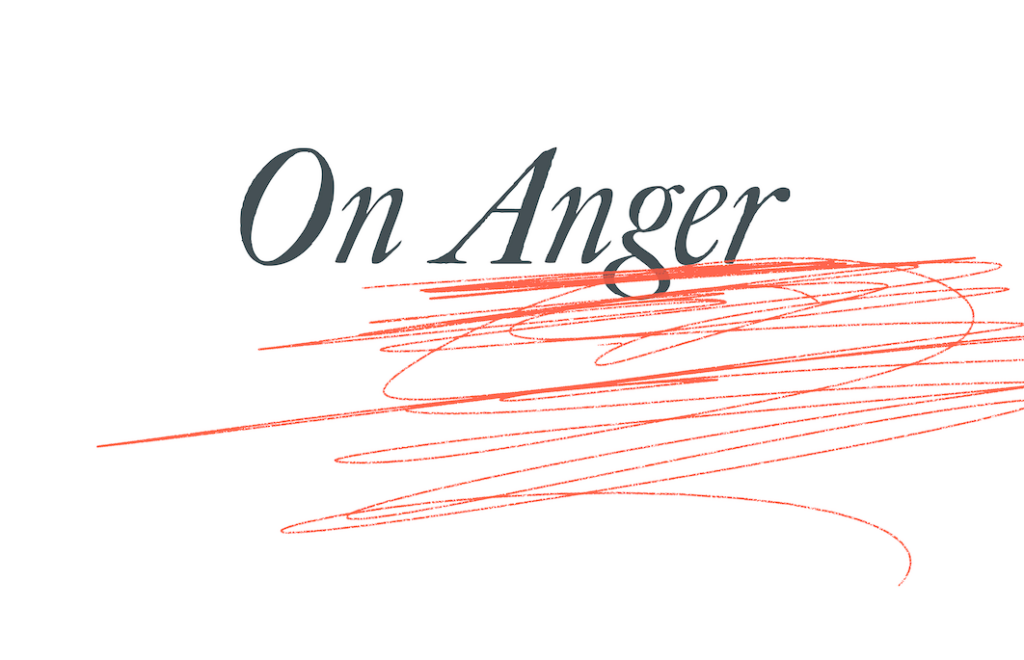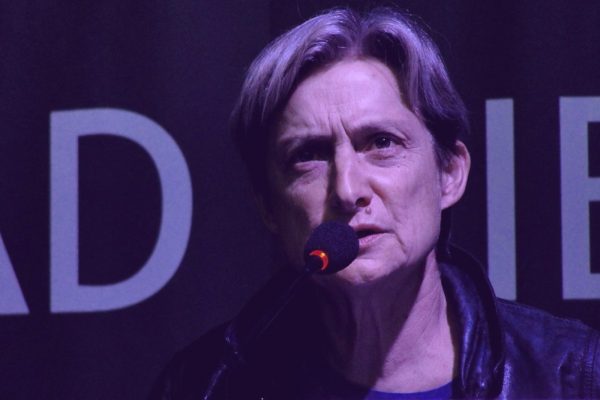“Feel good. Feel better. Move forward. Let it go,” Claudia Rankine writes in her poem Citizen, in the internal monologue of a black woman trying to move past anger over racial wrongs.
Rankine depicts a familiar sensibility about anger: yes, we sometimes have good reason for getting angry—we feel wronged, after all—but there are all kinds of reasons for (eventually) letting it go. Even if our anger is righteous, perpetual anger is destructive— whether for its bearer or for society.
In our forum, philosopher Agnes Callard challenges this conventional view. Perhaps we shouldn’t let our anger go. Our reasons for being angry are eternal, aren’t they? No apology or redress ever erases the original injury that provoked the anger in the first place. “The affective response to injustice clings to the taste of blood,” she writes. “Once you have a reason to be angry, you have a reason to be angry forever.”
Reflecting on two millennia of debates about the value of anger, Callard contends that we have been asking the wrong question. The effort to distinguish righteous forms of anger from unjust vengeance, or appropriate responses to wrongdoing from inappropriate ones, is misguided. Maybe anger is not a bug of human life, but a feature— an emotion that, for all its troubling qualities, is an essential part of being a moral agent in an imperfect world. And if it is both troubling and essential, what, then, do we do with the implications that angry victims of injustice are themselves morally compromised, and that it might not be possible to respond rightly to being treated wrongly. Because anger cannot be morally pure, Callard draws the bracing conclusion: “We can’t be good in a bad world.”
The forum responses and essays that follow explore anger in its many forms—public and private, personal and political. With anger looming so large in our public life, these are issues we all must grapple with. Does the vast well of public anger compromise all of us?








